
 King Abdulaziz Park will span an impressive 4.3-million-sq-m area in Riyadh.
King Abdulaziz Park will span an impressive 4.3-million-sq-m area in Riyadh.
Saudi Arabia has initiated construction on the King Abdulaziz Park, a monumental green space set to become one of the world’s largest urban parks. This ambitious project underscores the kingdom’s commitment to combating climate change and enhancing the quality of life for its citizens.
As a cornerstone of the Saudi Green Initiative, the park is a pivotal step towards achieving the Vision 2030 goal of planting 10 billion trees nationwide. Being spearheaded by the Royal Commission for Riyadh City, the park will span an impressive 4.3 million sq m, transforming a vast area north of the capital into a verdant oasis.
Its strategic location near King Khalid International Airport and Princess Noura bint Abdulrahman University, coupled with excellent public transport links, ensures easy accessibility for residents and visitors alike.
The design, selected through a global competition, is in harmony with the local environment.
Bordered by King Salman bin Abdulaziz Road, Prince Faisal bin Bandar bin Abdulaziz Road, Prince Badr bin Abdul Mohsen Road, and Anas bin Malik Road, the park will feature six distinct botanical zones including a 200,000-sq-m botanical garden that showcases over 200 native plant species, providing not only a visual spectacle but also a vital ecosystem.
 |
|
More than two million trees and shrubs carefully selected for Riyadh’s climate will be planted at King Abdulaziz Park. |
Other areas will recreate highland, plain, plateau, and desert landscapes, fostering biodiversity and creating a haven for wildlife.
More than two million trees and shrubs carefully selected for Riyadh’s climate will be planted to achieve the ambitious target of 65 per cent shade coverage. The park’s irrigation system will utilise recycled water, minimising environmental impact.
Beyond its ecological benefits, King Abdulaziz Park will be a vibrant community hub. It will boast 24 children’s play areas, 30 sports facilities, and over 115 km of pedestrian, jogging, and cycling paths, encouraging residents to live healthier lifestyles.
Green terraces, squares, and open-air theatres will host events and festivals, while restaurants and shops will cater to visitors.
By increasing Riyadh’s green spaces to nine per cent and the per capita green space to 28 sq m, the park is expected to significantly increase Riyadh’s green spaces, contributing to improved air quality and a more livable city.
The Saudi Green Initiative, launched in March 2021, encompasses a broader vision for environmental sustainability. In addition to afforestation, the kingdom aims to rehabilitate 74 million hectares of degraded land.
The kingdom now intends to integrate all existing environmental projects and programmes from the public, private, and non-profit sectors into the initiative, according to a report in the Asharq Al-Awsat
Hence, all sectors have been asked to report past tree-planting activities to the national afforestation programme.
Since its launch, the Saudi Green Initiative has planted 43.9 million trees and rehabilitated 94,000 hectares of land. Over 40 ongoing projects aim to plant more than 600 million trees and rehabilitate eight million hectares of land by 2030. Tree planting and land rehabilitation projects will begin in various locations, including mangroves, wetlands, mountain forests, grasslands, national parks, and valleys.



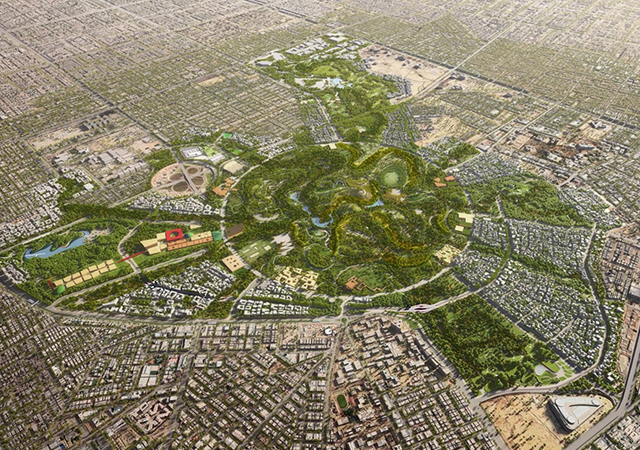
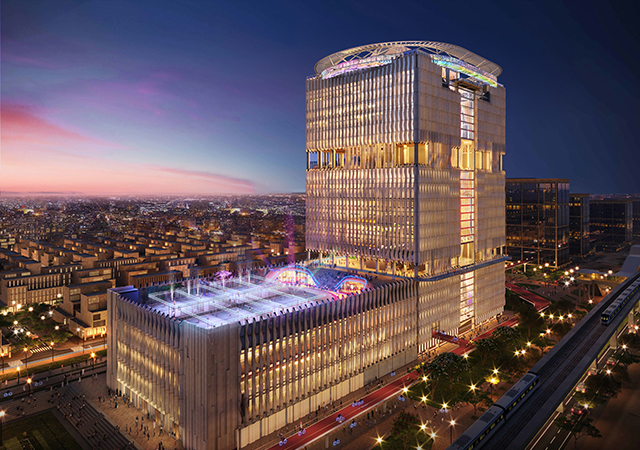
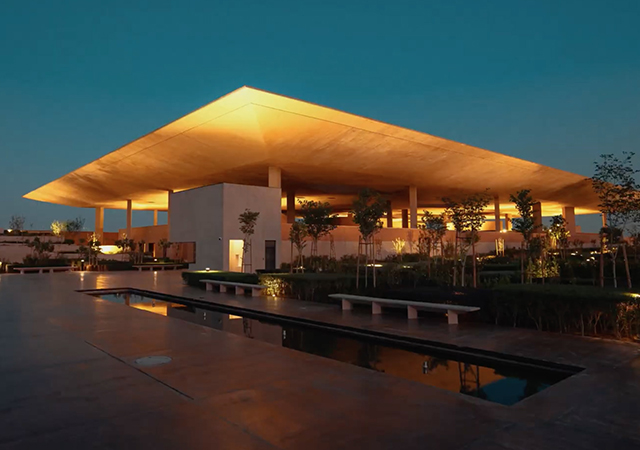
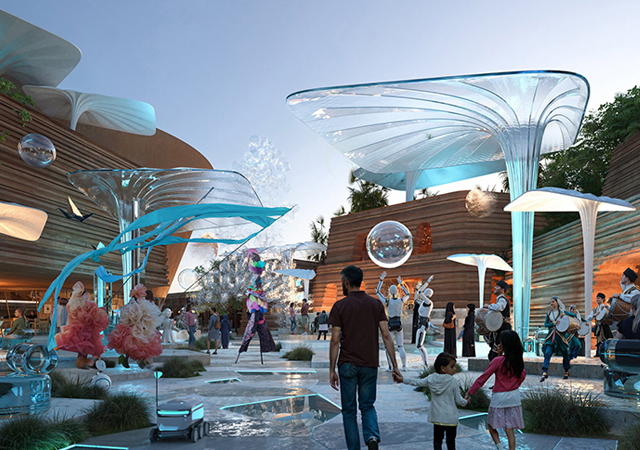
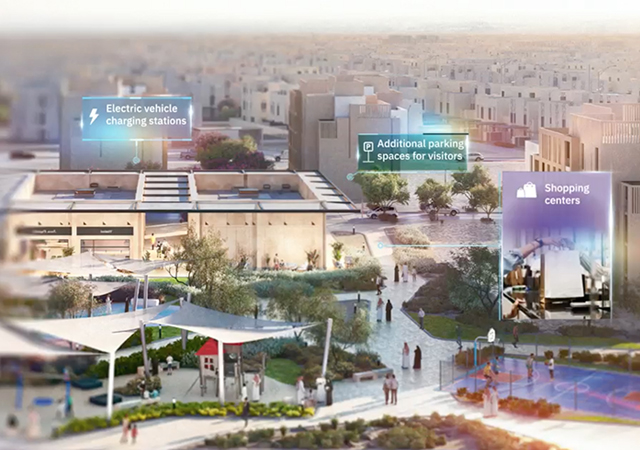
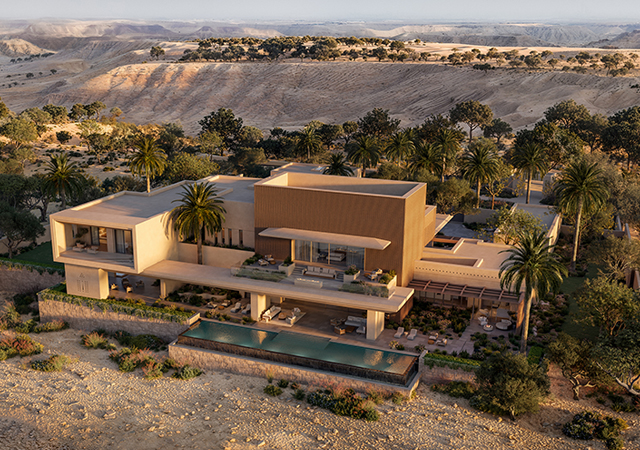
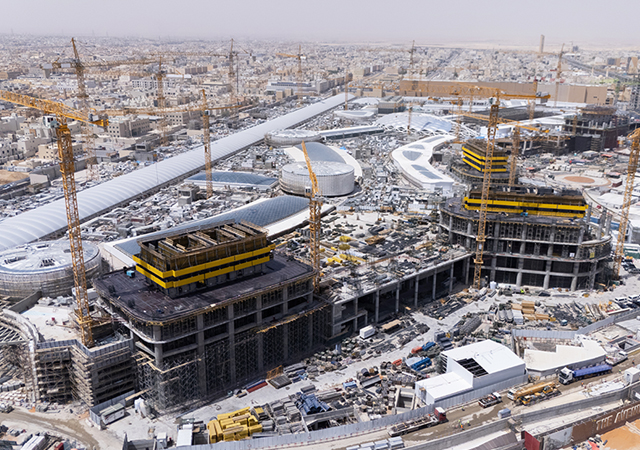
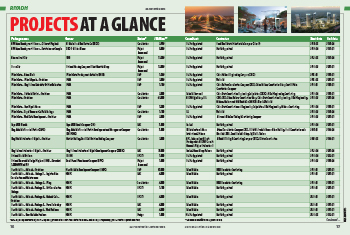
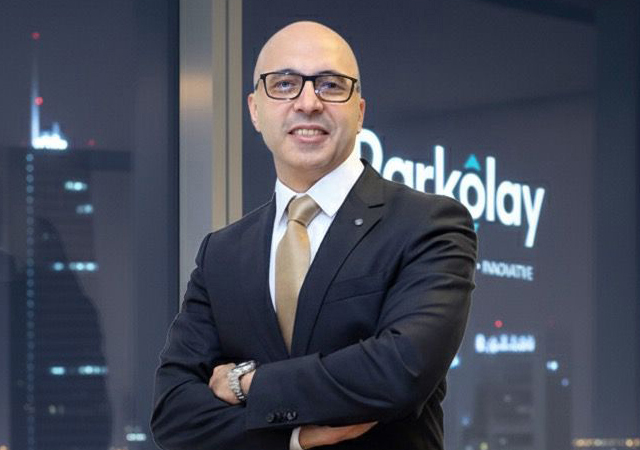
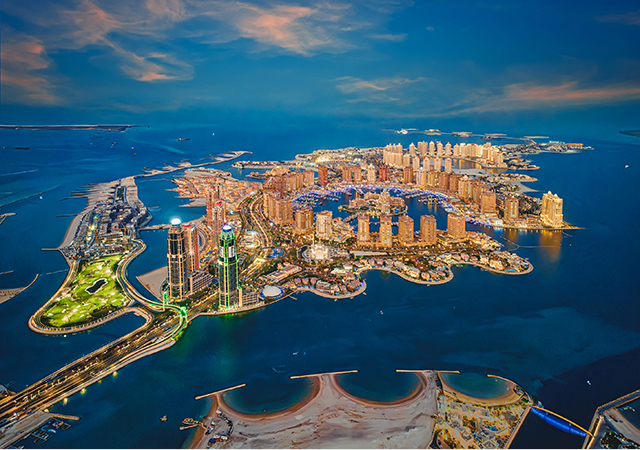
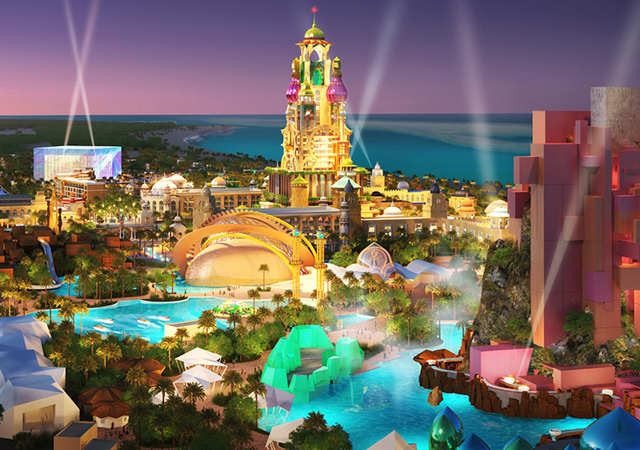
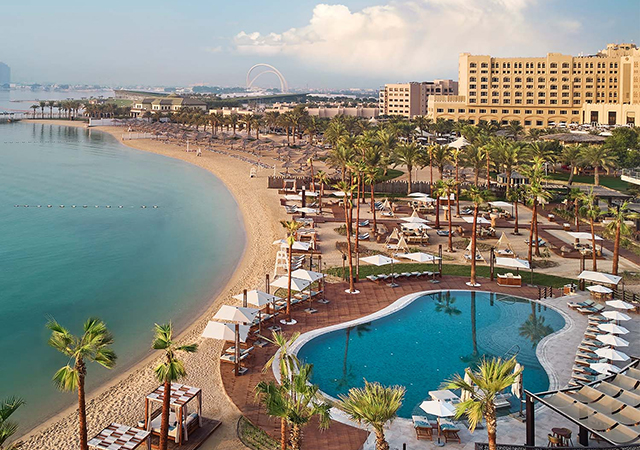
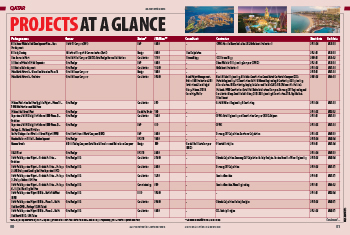
.jpg)
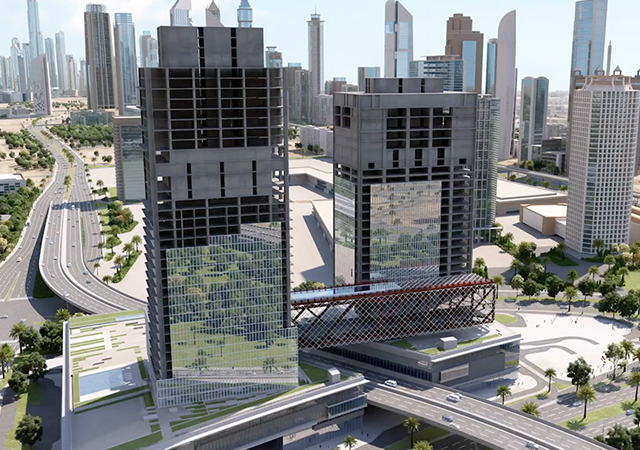
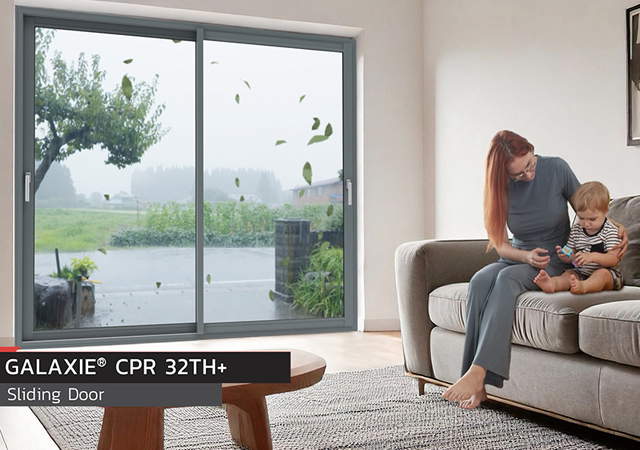
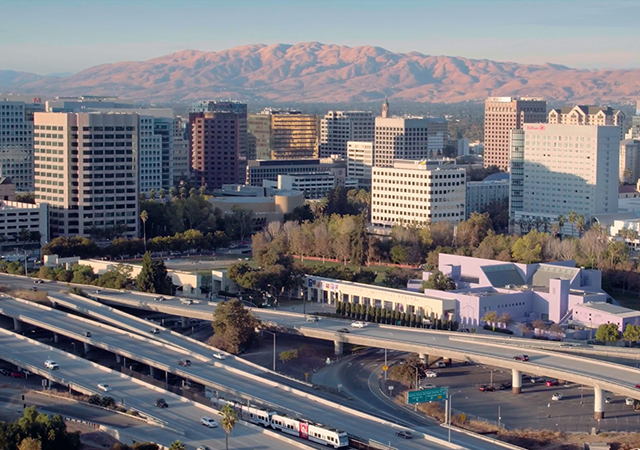
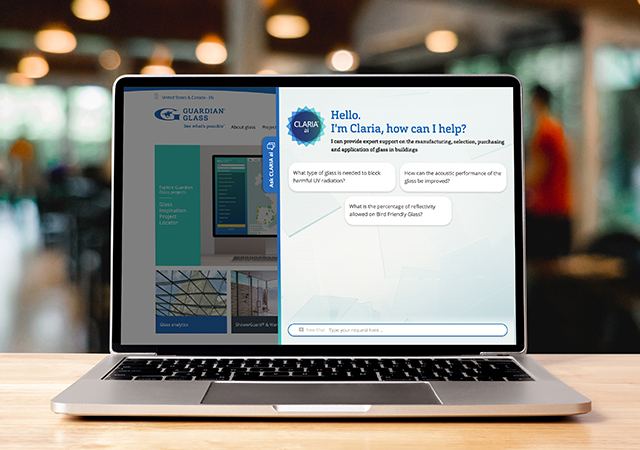

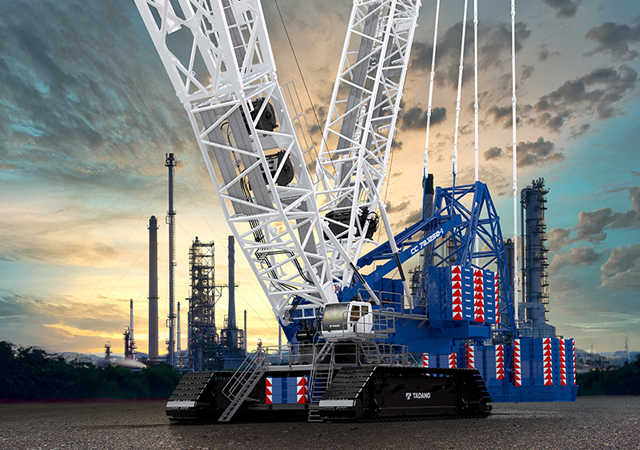
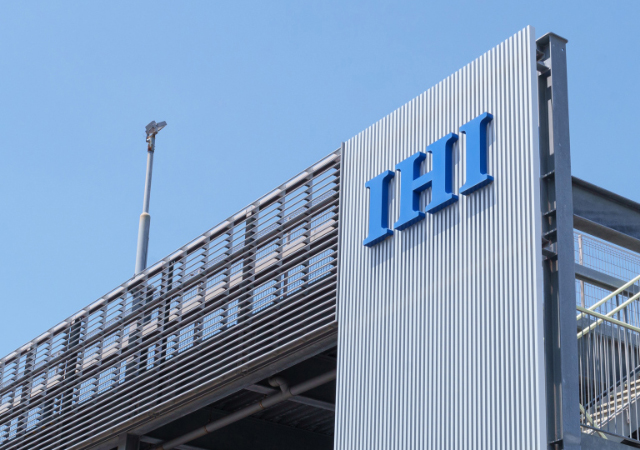
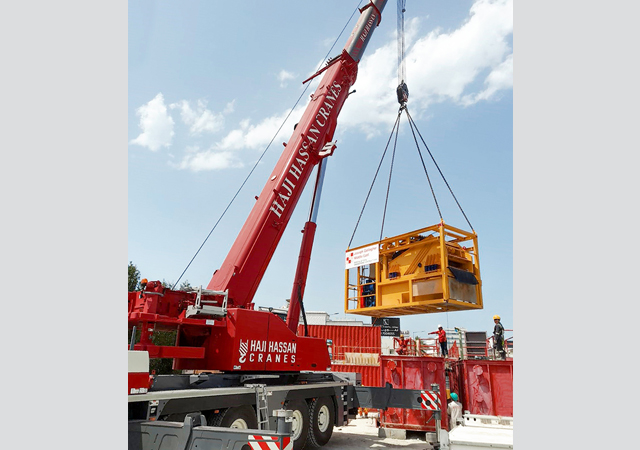
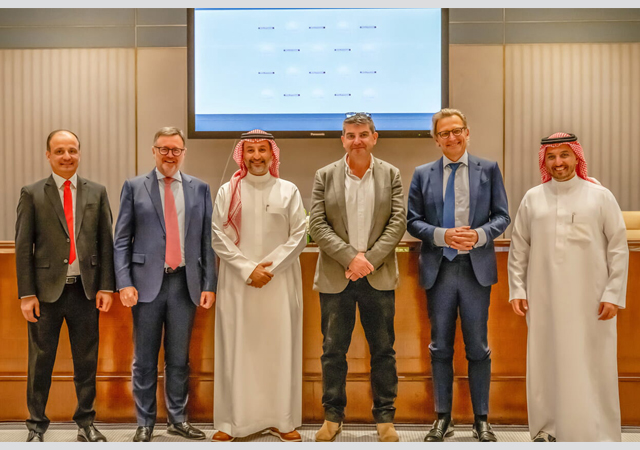
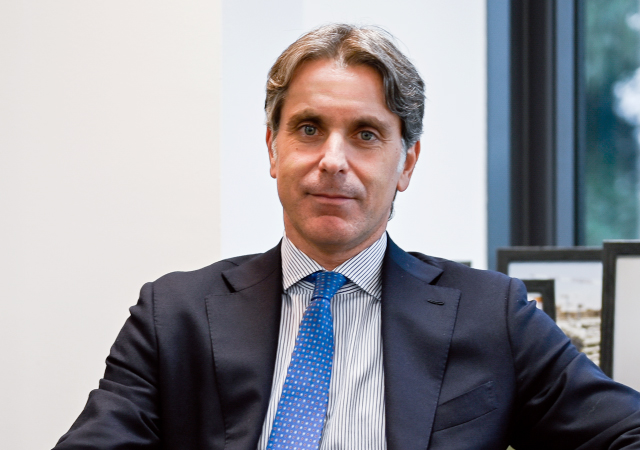
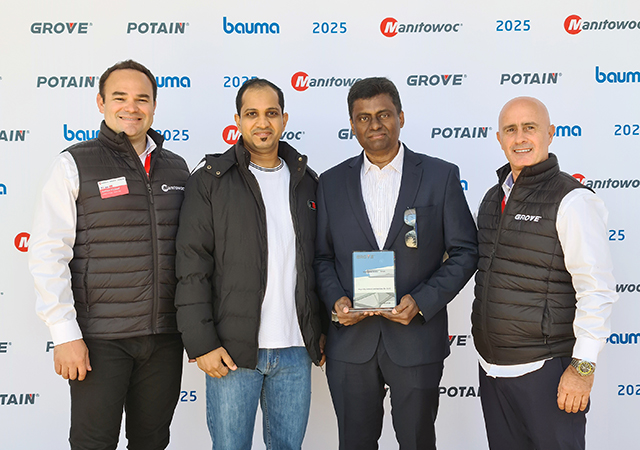
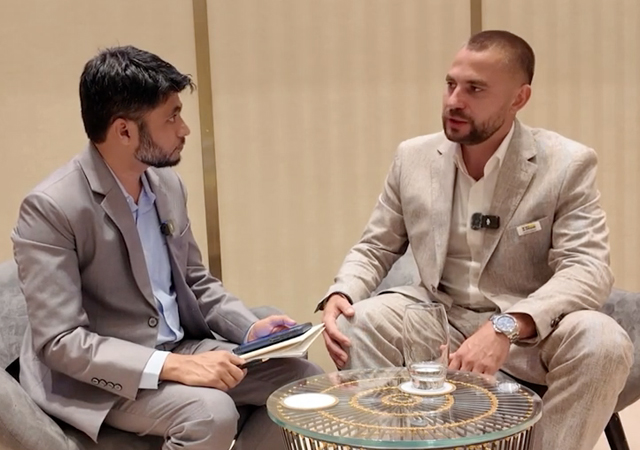
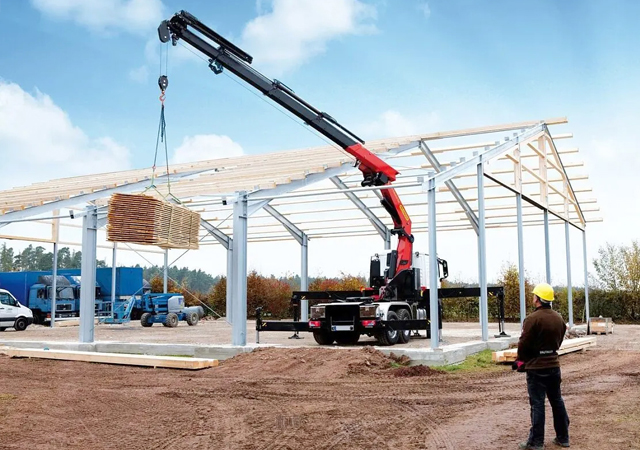
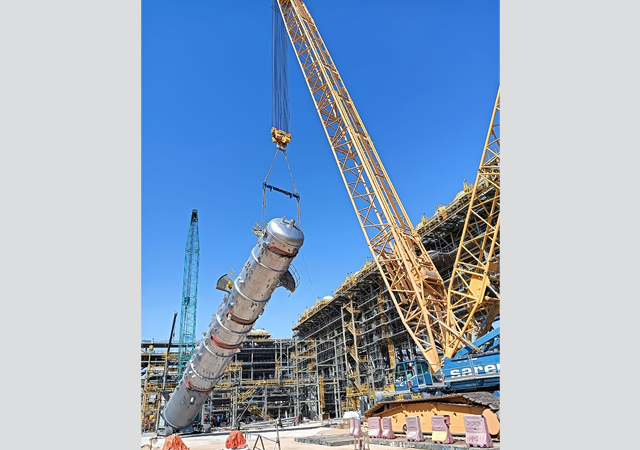
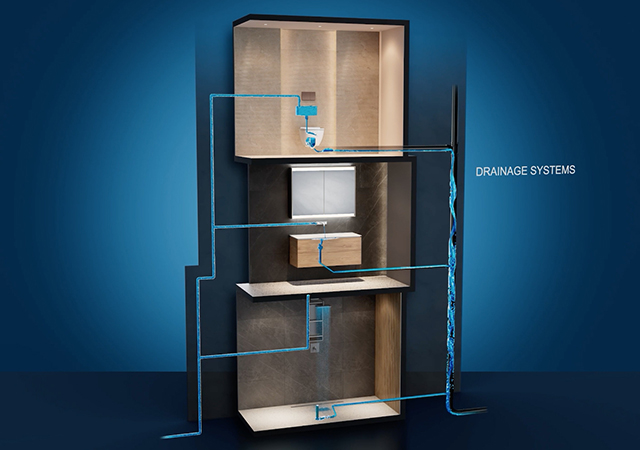
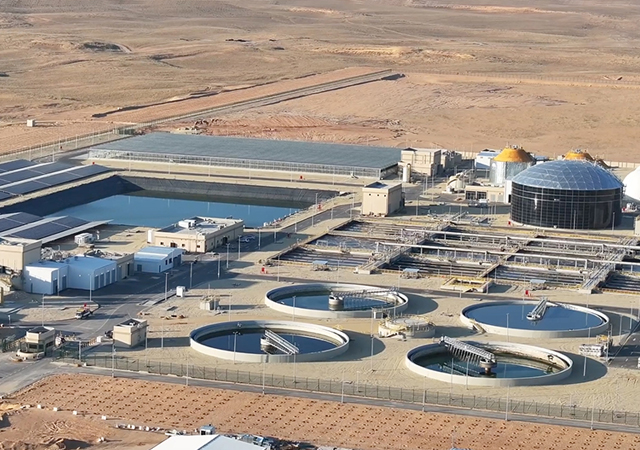

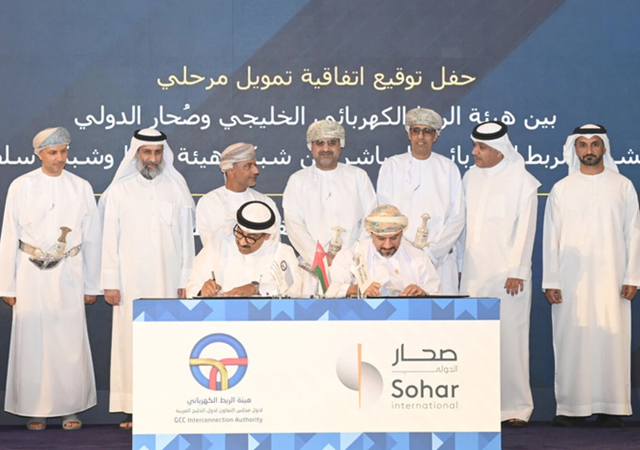
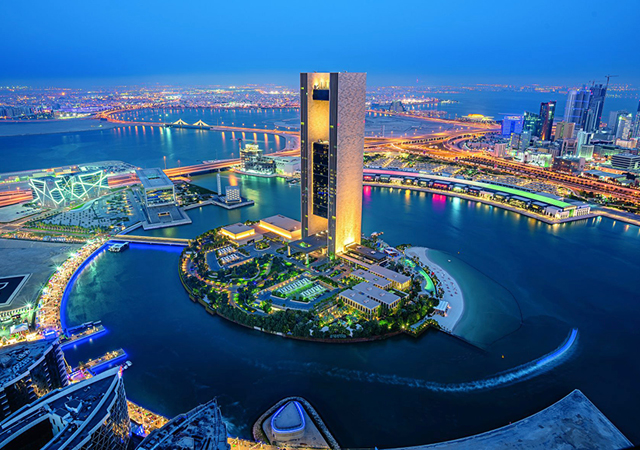
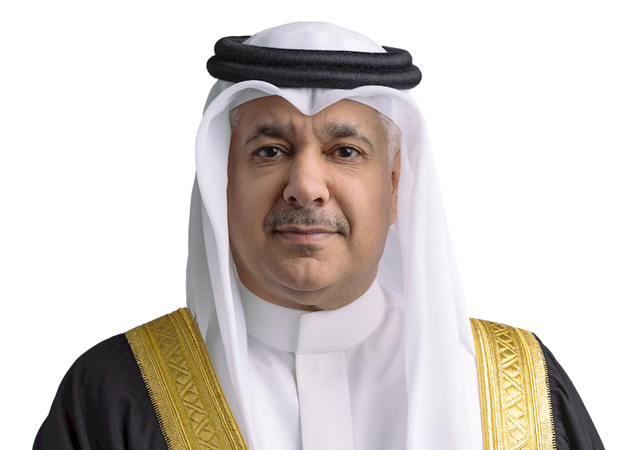
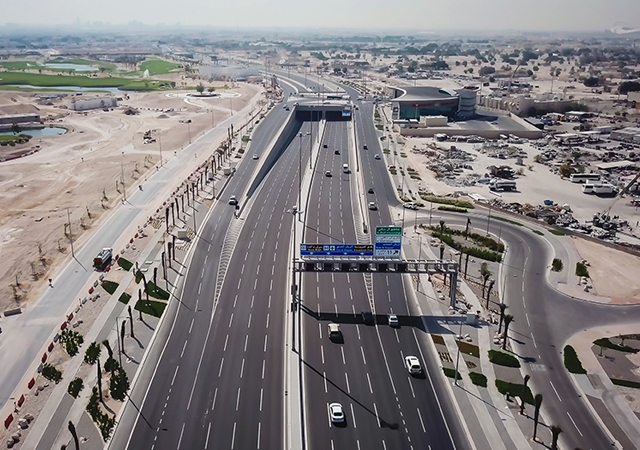
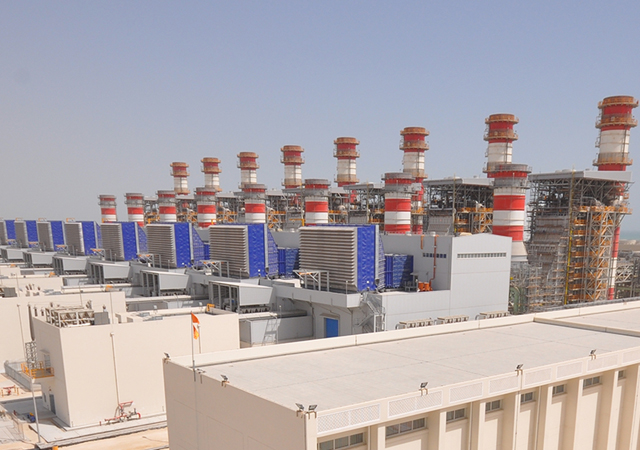
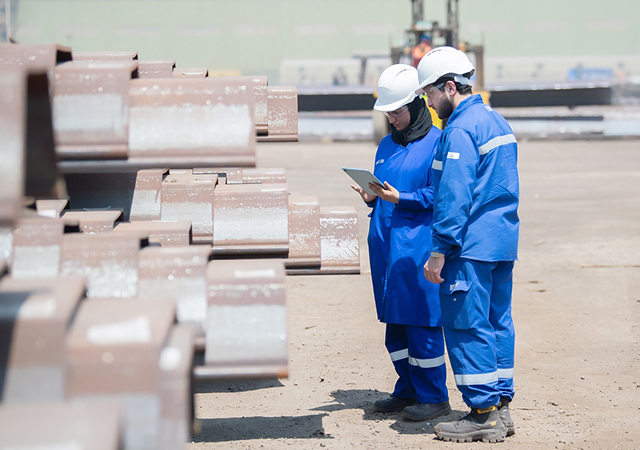
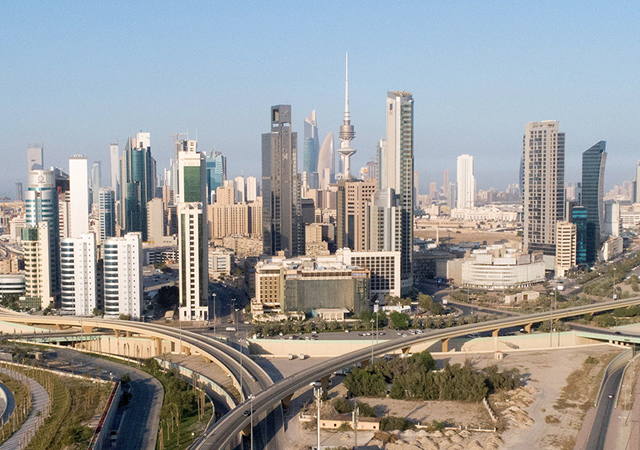
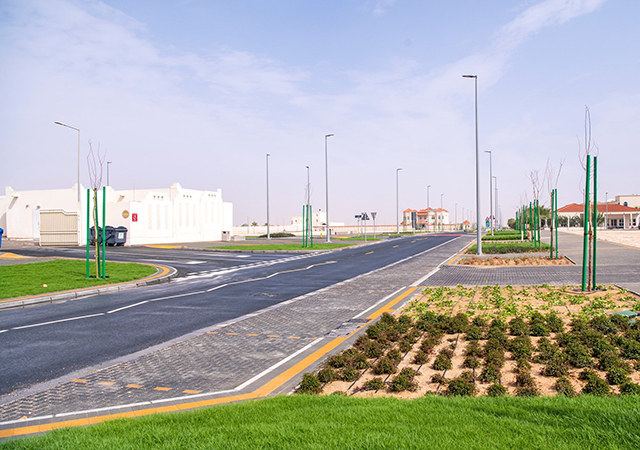
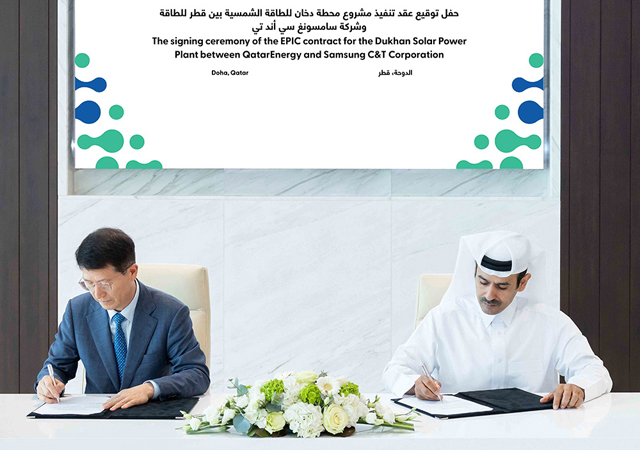
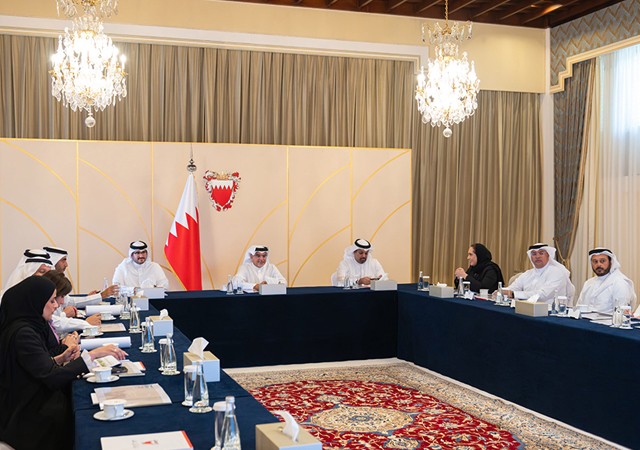
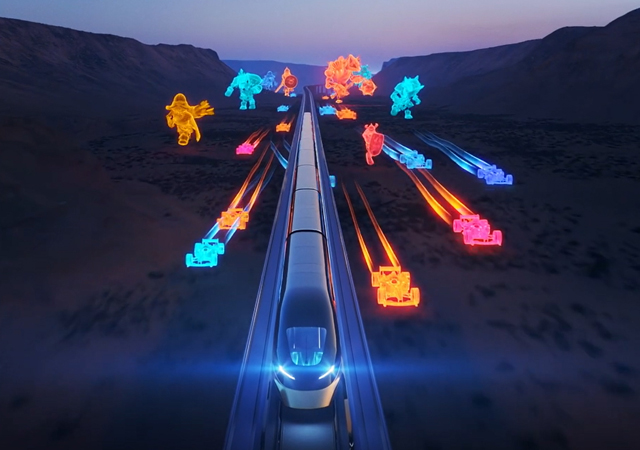
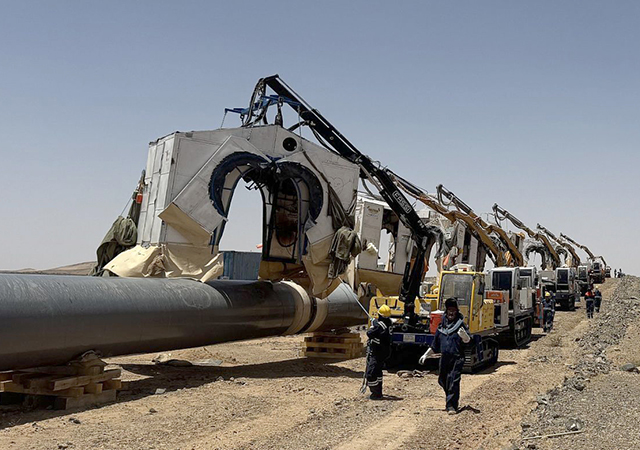
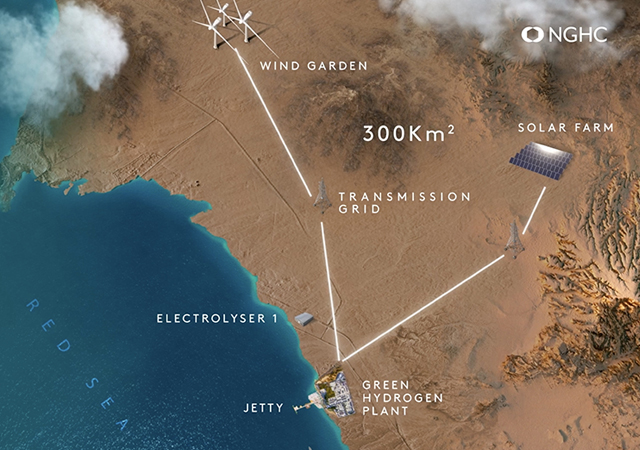
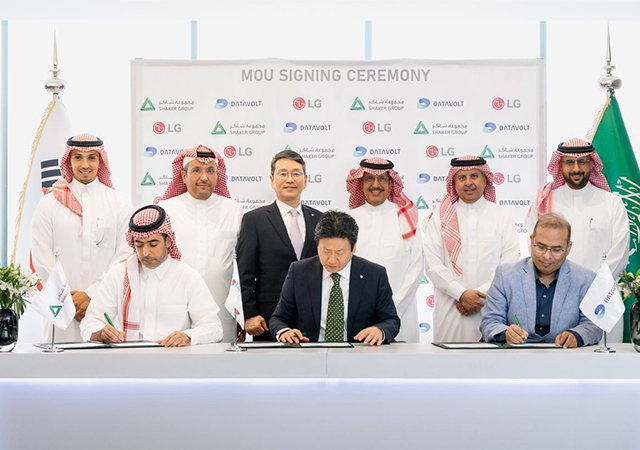
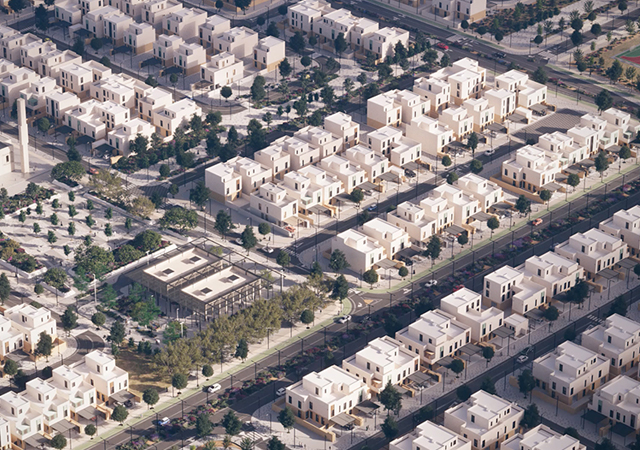
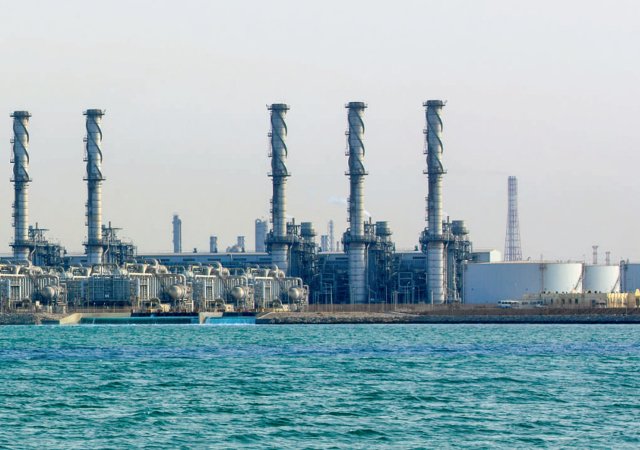
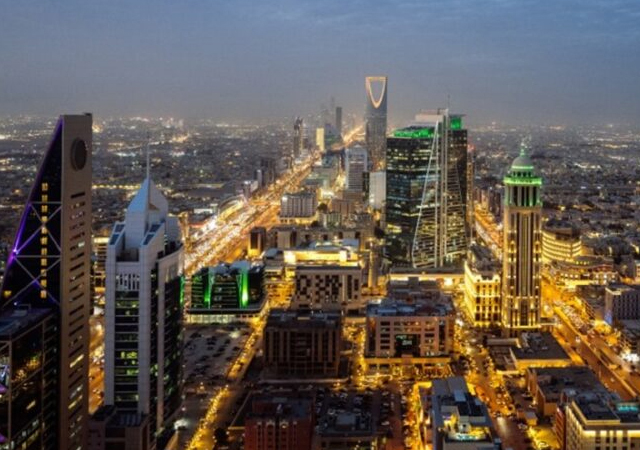
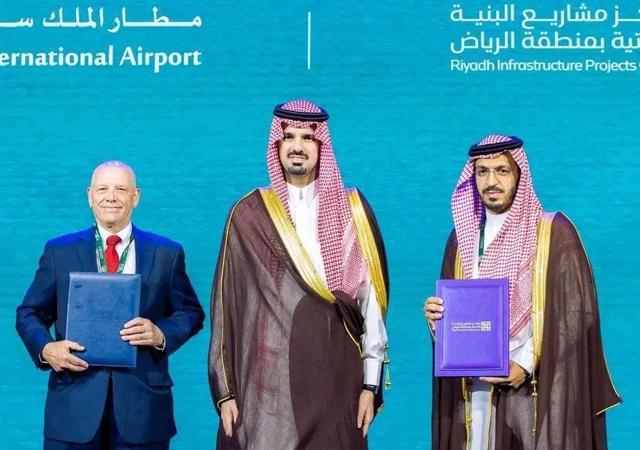
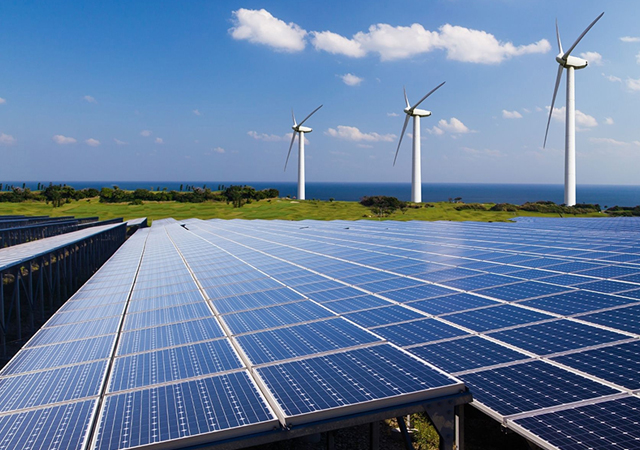
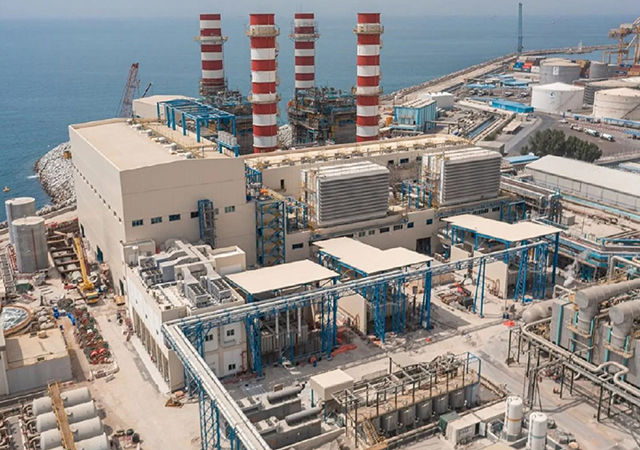
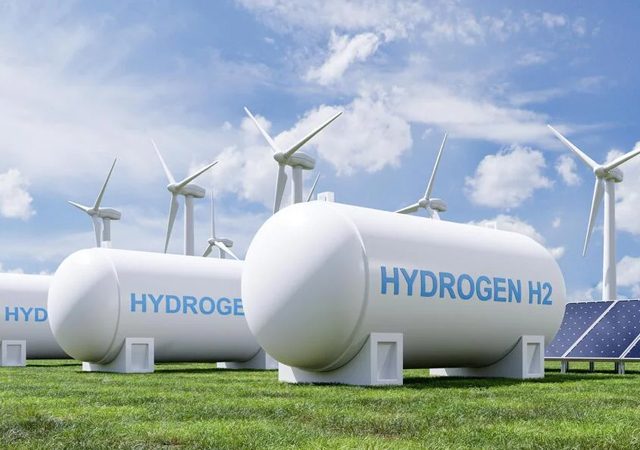

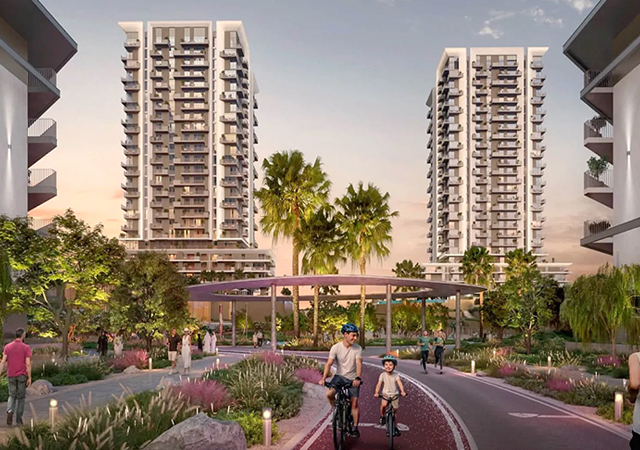
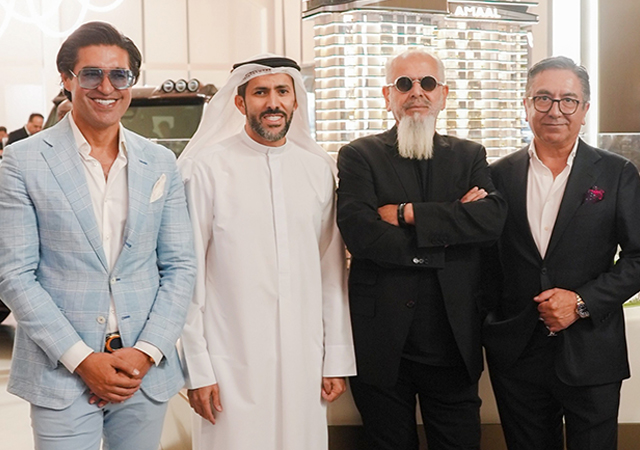
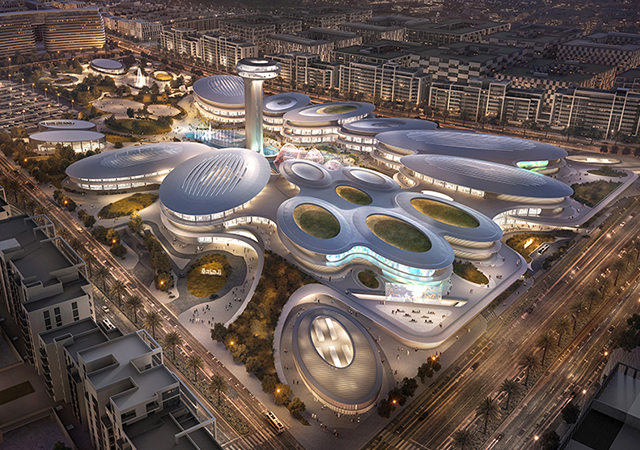
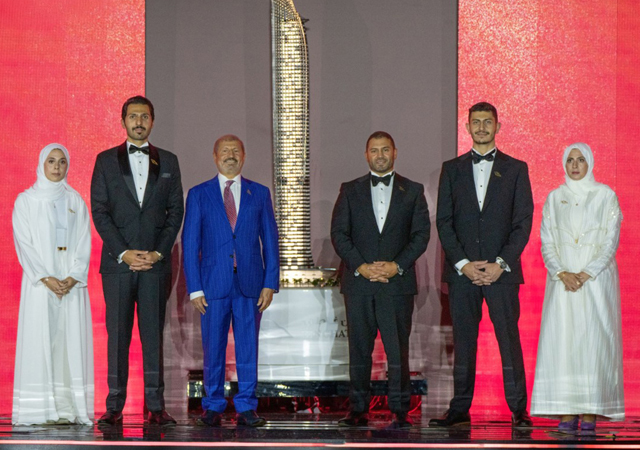
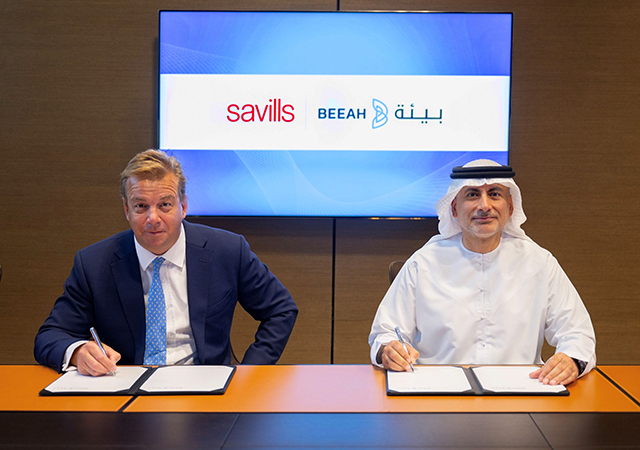
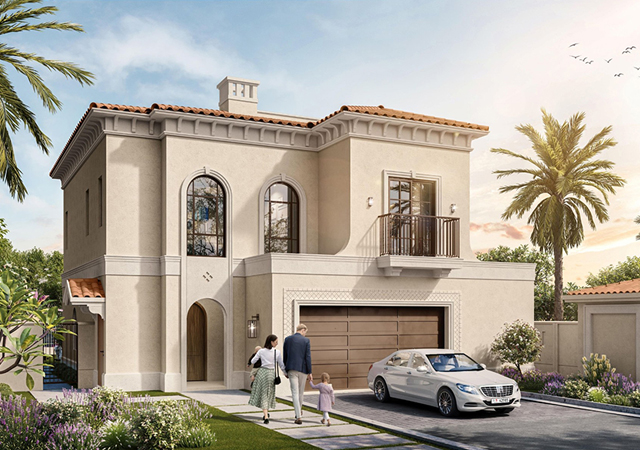
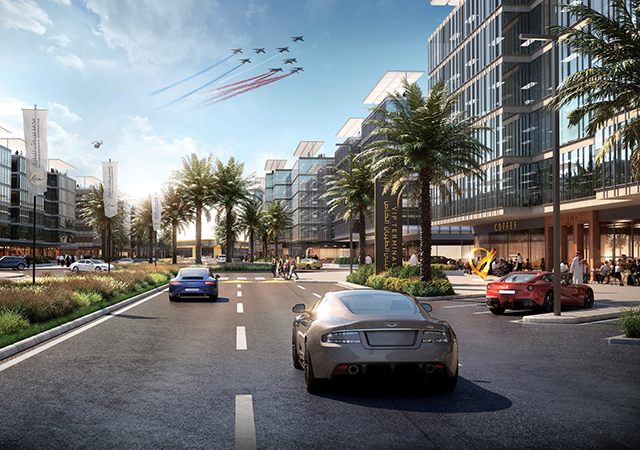
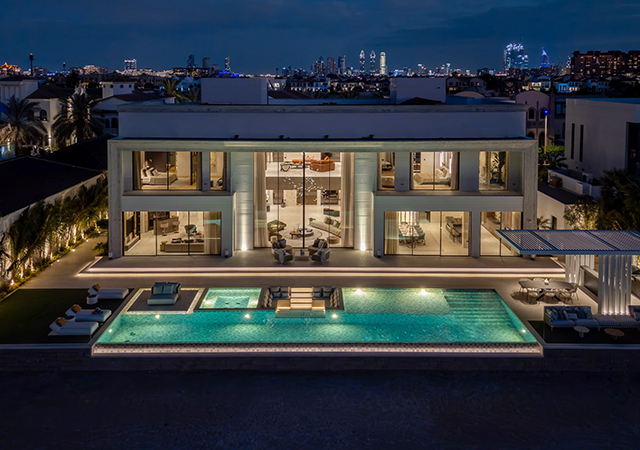
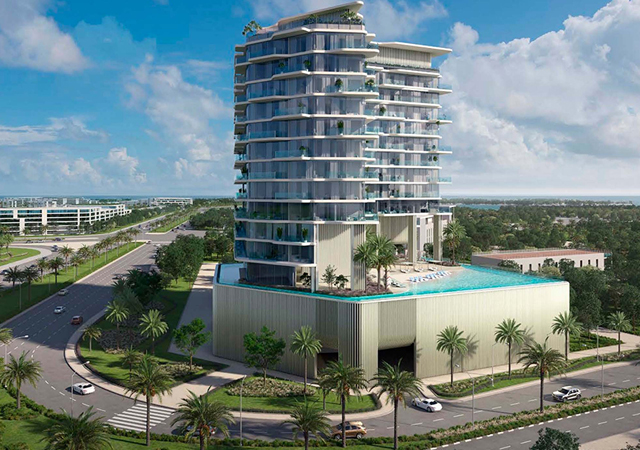
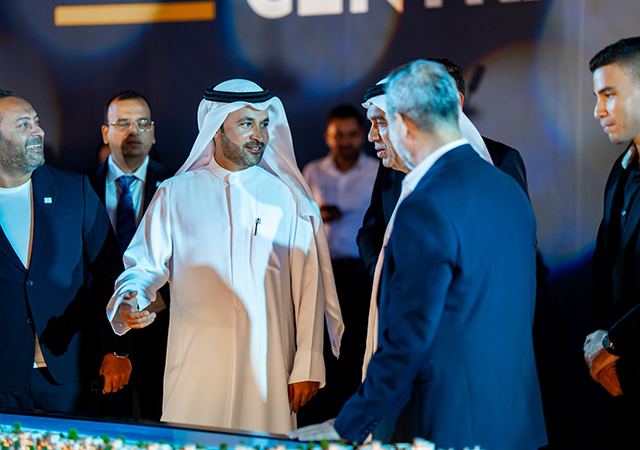
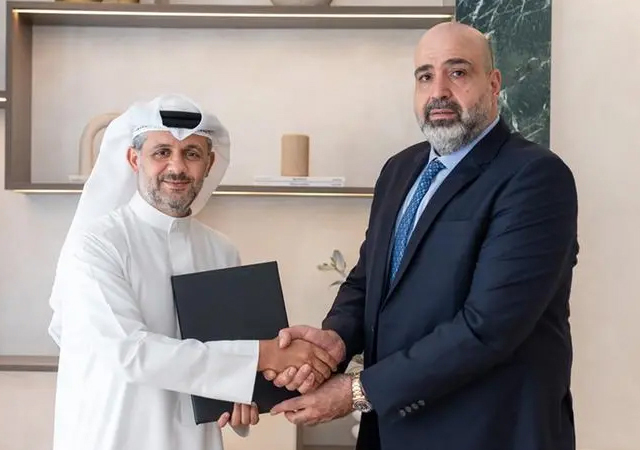
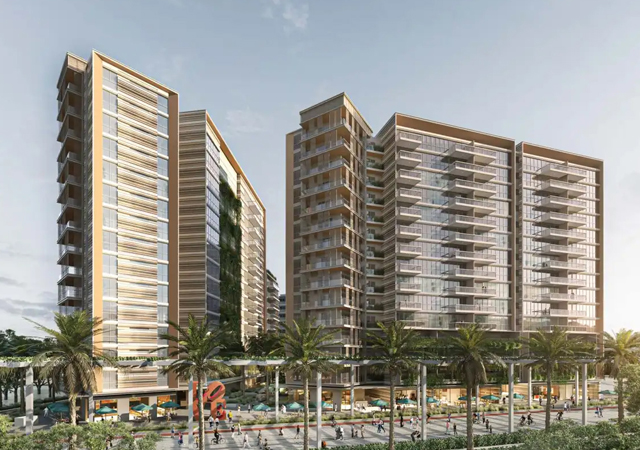
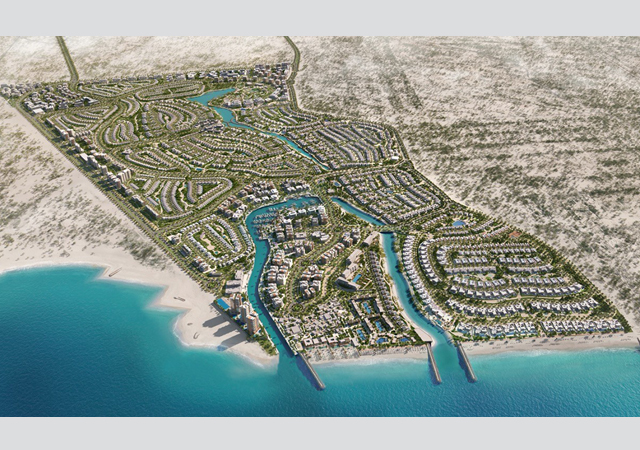
.jpg)
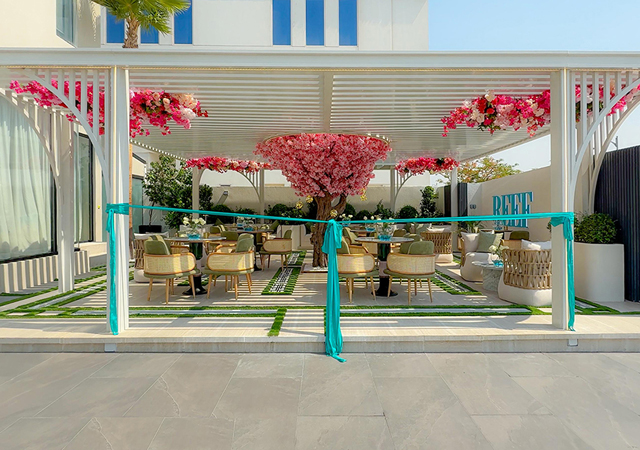
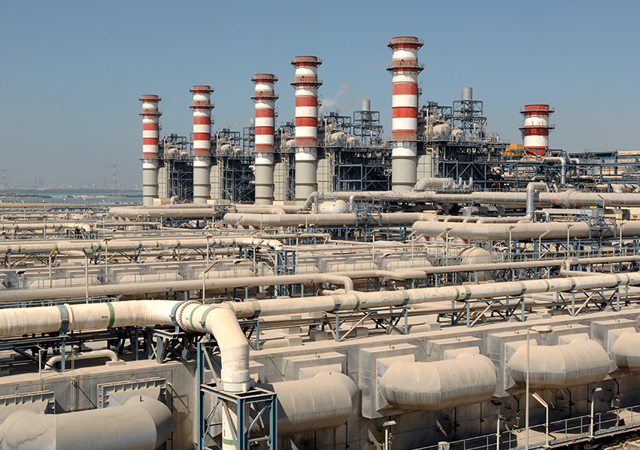
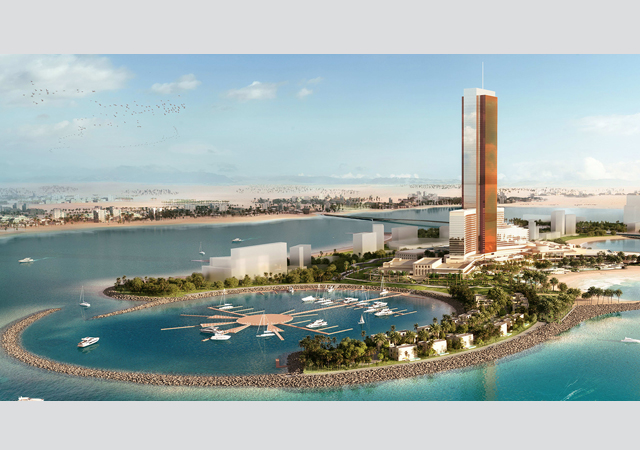
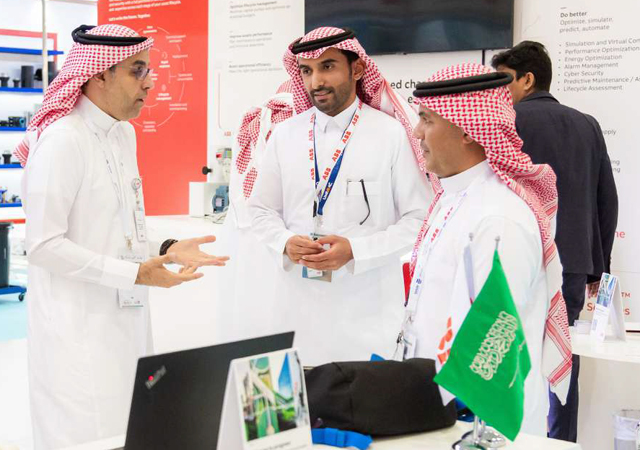
.jpg)
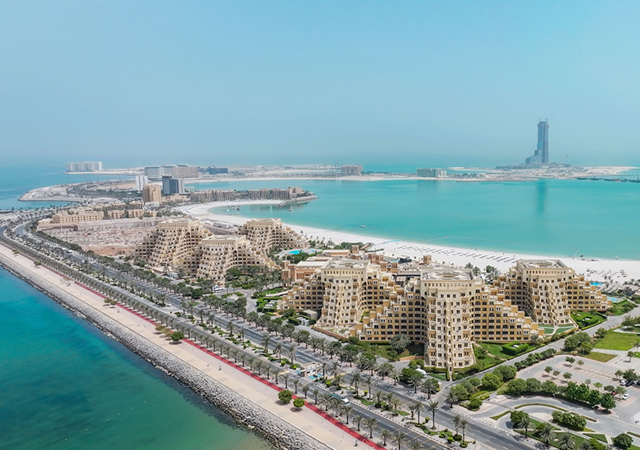
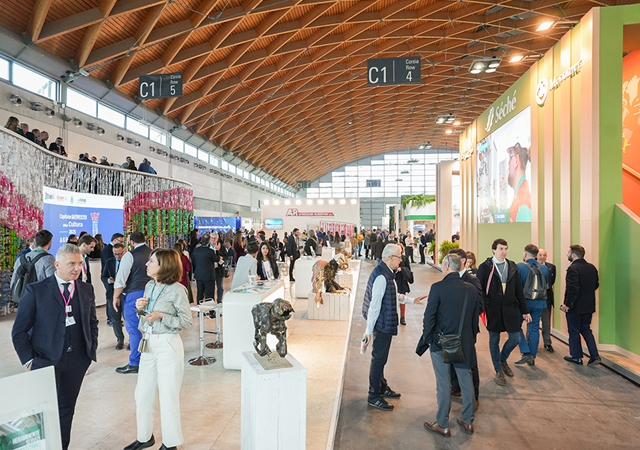
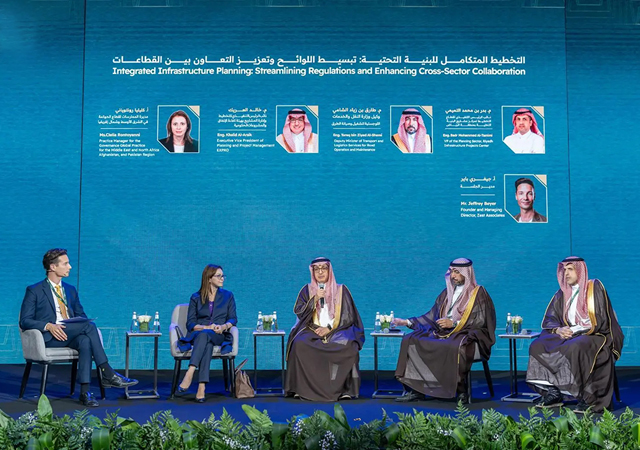
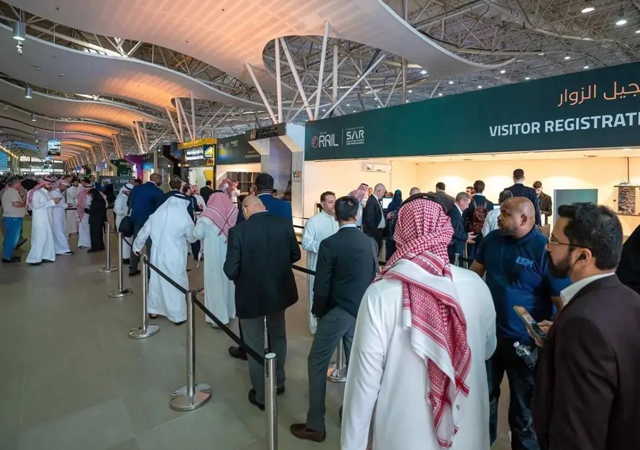


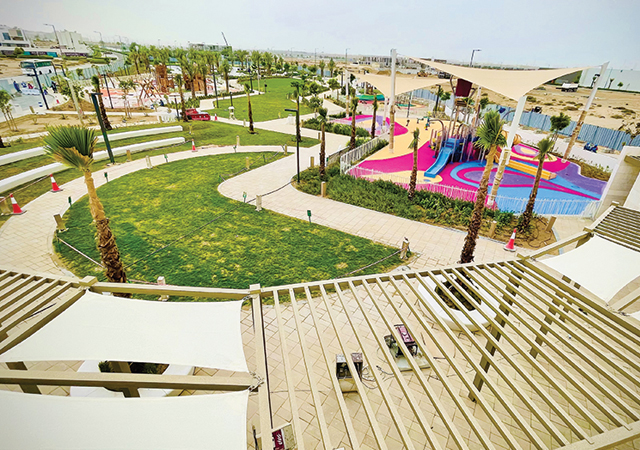
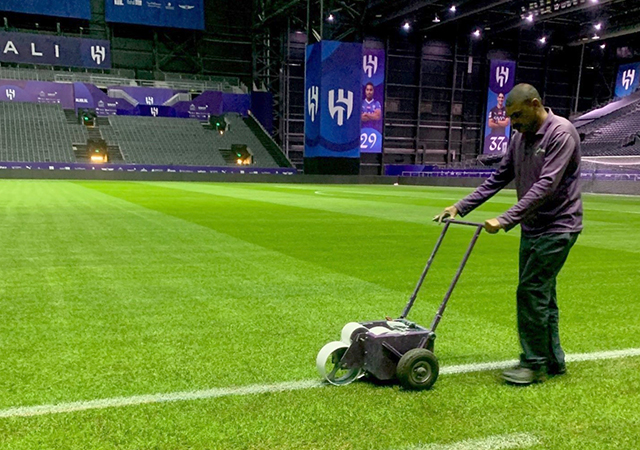
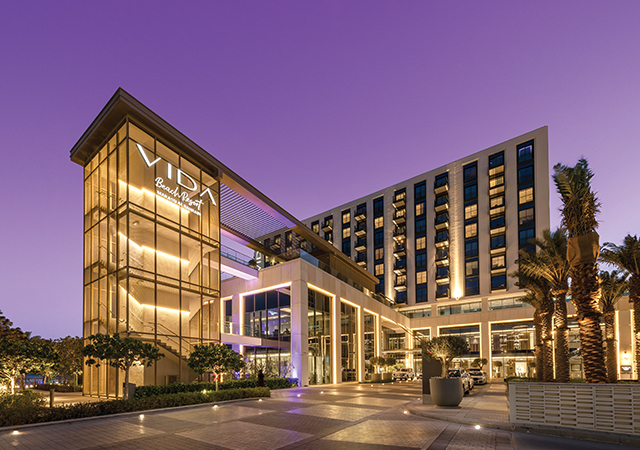
.jpg)